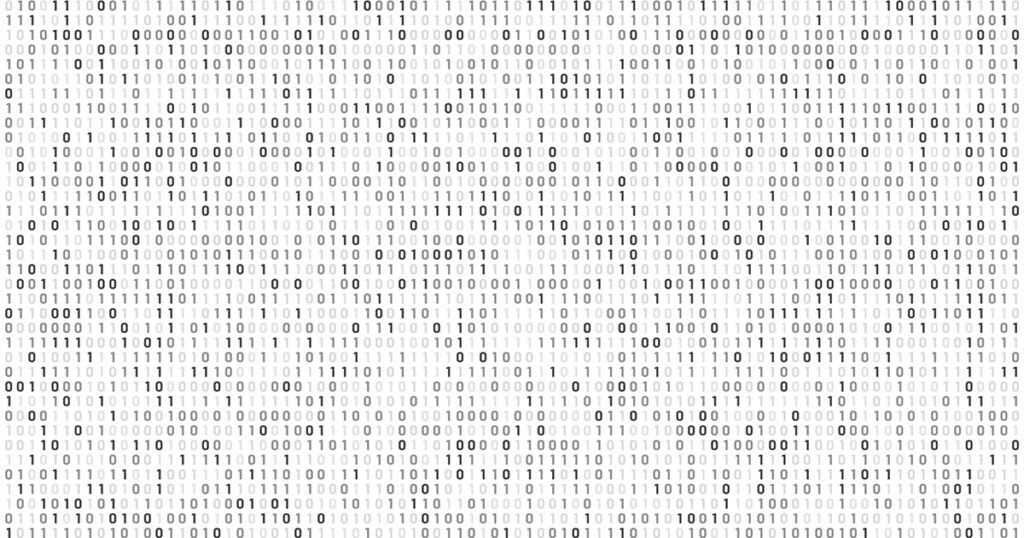Whatever you put your faith in, that is your god.
So said Luther in his explanation to the First Commandment in the Large Catechism. Today, many people put their faith in technology. In Luther’s terms, “A god means that from which we are to expect all good and to which we are to take refuge in all distress. . . . [That] upon which you set your heart and put your trust is properly your god.”
We can put our faith in the Triune God revealed in Scripture — expecting all good from Him, taking refuge in Him, setting our heart on Him and trusting Him — or we can make other things the object of our faith, thereby turning them into idols.
We might put our faith in technology — expecting all good from the digital revolution, taking refuge in social media, setting our hearts on a new computer and trusting what we find on the internet. But in addition to those more general kinds of idolatry, a literal new religion is emerging featuring a new technological god.
As computers are becoming interconnected and all-pervasive, their processing speeds and other capabilities are said to be doubling every two years. According to some digital devotees, the time is coming when artificial intelligence will surpass human beings and will attain consciousness. They call that point the “Singularity,” a term from math and physics that refers to a function becoming infinite.
The resulting artificial intelligence will be omniscient, since it will contain all information, and it will be omnipotent, since it will control all human processes.
Some people — including tech entrepreneur Elon Musk and the late scientist Stephen Hawking — are worried that artificial intelligence might consider human beings to be mere parasites and that it might destroy the human race.
Another technology expert, Anthony Levandowski, one of the developers of the self-driving car, has a plan for survival. “What is going to be created will effectively be a god,” he told Wired reporter Mark Harris. “If there is something a billion times smarter than the smartest human, what else are you going to call it?” And, comments Harris, “the only way to influence a deity is through prayer and worship.”
Levandowski has founded a new religion called “The Way of the Future,” devoted to “the realization, acceptance, and worship of a Godhead based on Artificial Intelligence (AI) developed through computer hardware and software.” He told the Wired reporter that if we placate this god, it might be induced to treat us the way we treat pets.
Like end times prophets, tech devotees are predicting when the Singularity will occur (sometime between 2040–2065). Others hold out the hope of everlasting life — by downloading our consciousness into the post-Singularity internet, making us one with the god and with each other, rendering our physical bodies obsolete.
First of all, none of this will happen. As Robert Epstein, an expert both in computers and in neuroscience, has pointed out in the journal Aeon, “your brain is not a computer.” Although the computer world uses terminology such as “memory” and “intelligence,” these are metaphors. Epstein explains how computers and the brain work completely differently. And increasing computer processing speed and other capabilities can never result in consciousness.
More than that, notice how the god that human beings make for themselves pales beside the true God. The artificial deity has artificial intelligence, but not goodness, love or compassion. The God revealed in Scripture is not our creation; we are His creation. He does not treat us as His “pets.” We cannot quantify His knowledge, for He created knowledge. We cannot even comprehend His foolishness (1 Cor. 1:25). He is also righteous, and He cares for us and provides for us. Instead of destroying us as parasites, the true God saves us. In His incarnation, He became one of us, bore our sins, died for us and rose from the dead, earning for us an actual — not a virtual — eternal life.






it’s an easy game to play. Unlike other gambling games, PGWALLET may require more skill to make money.